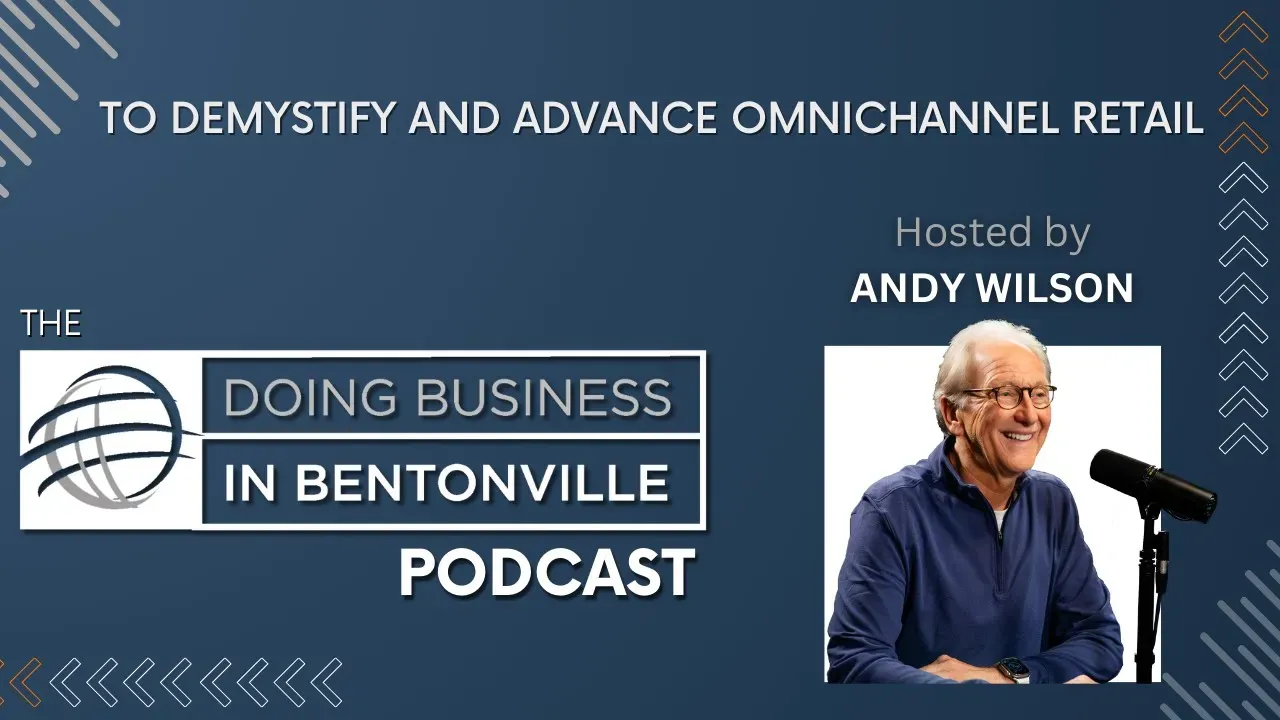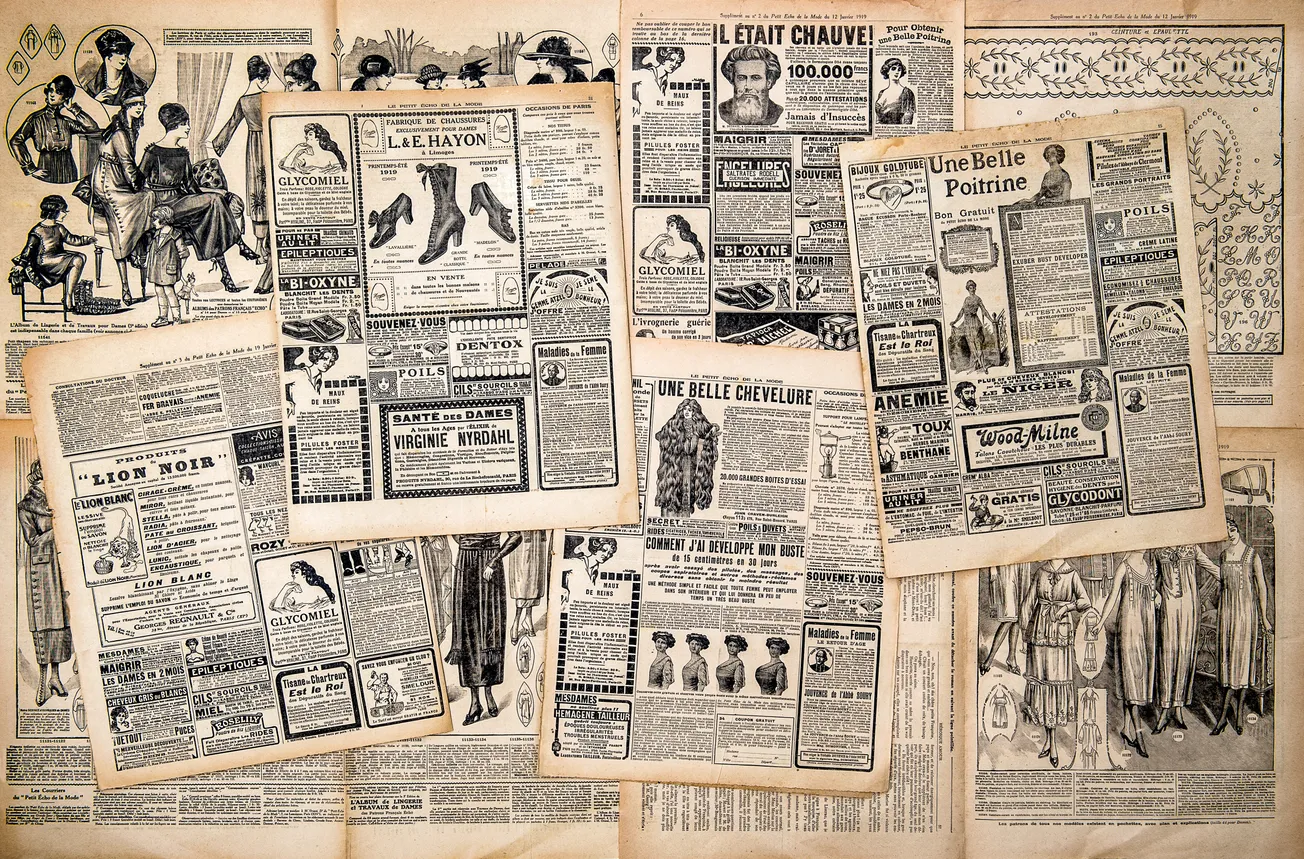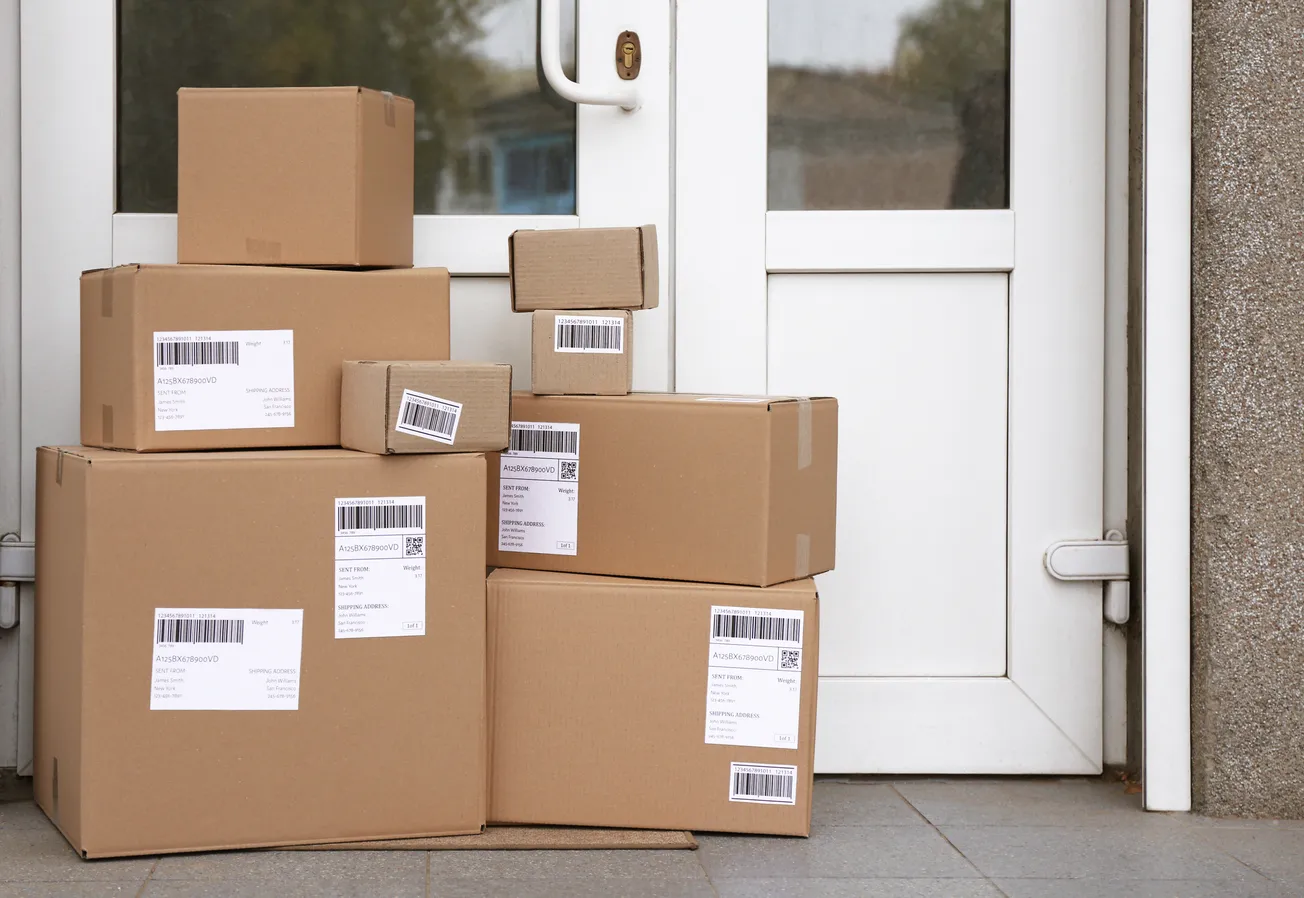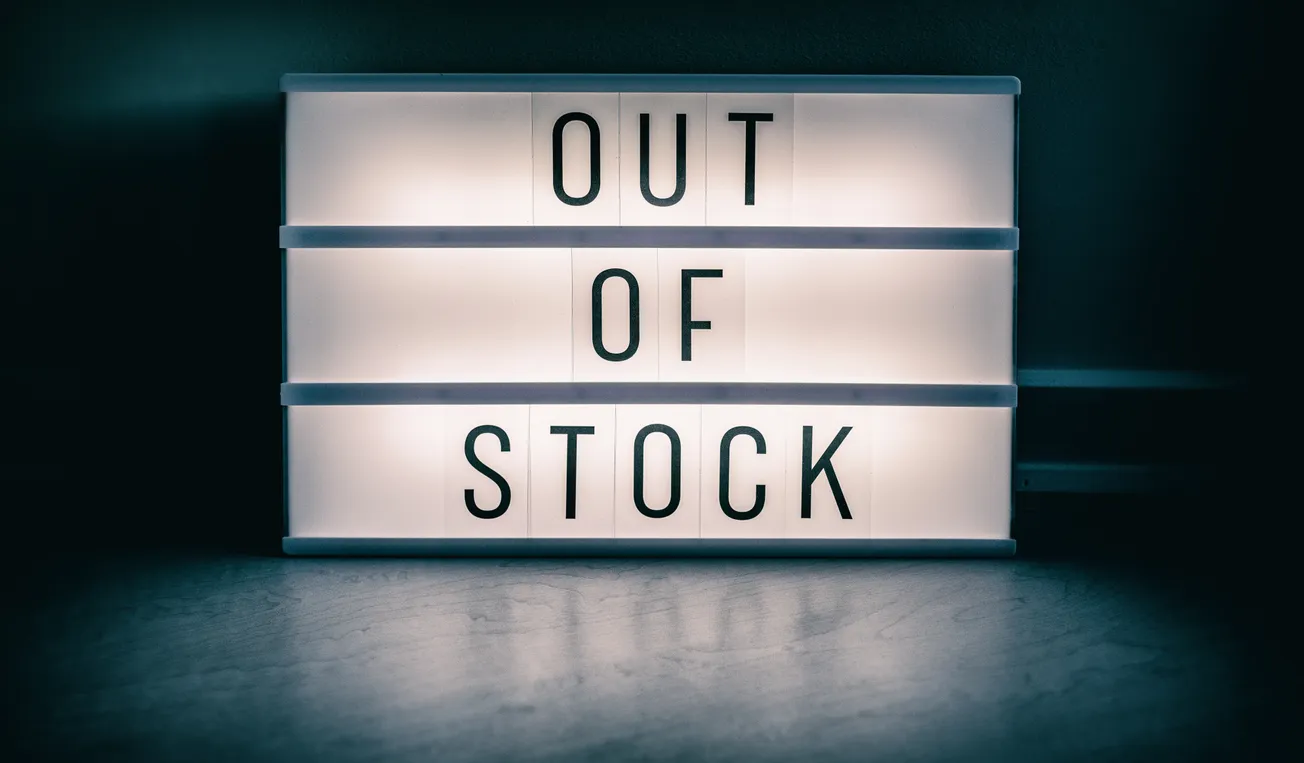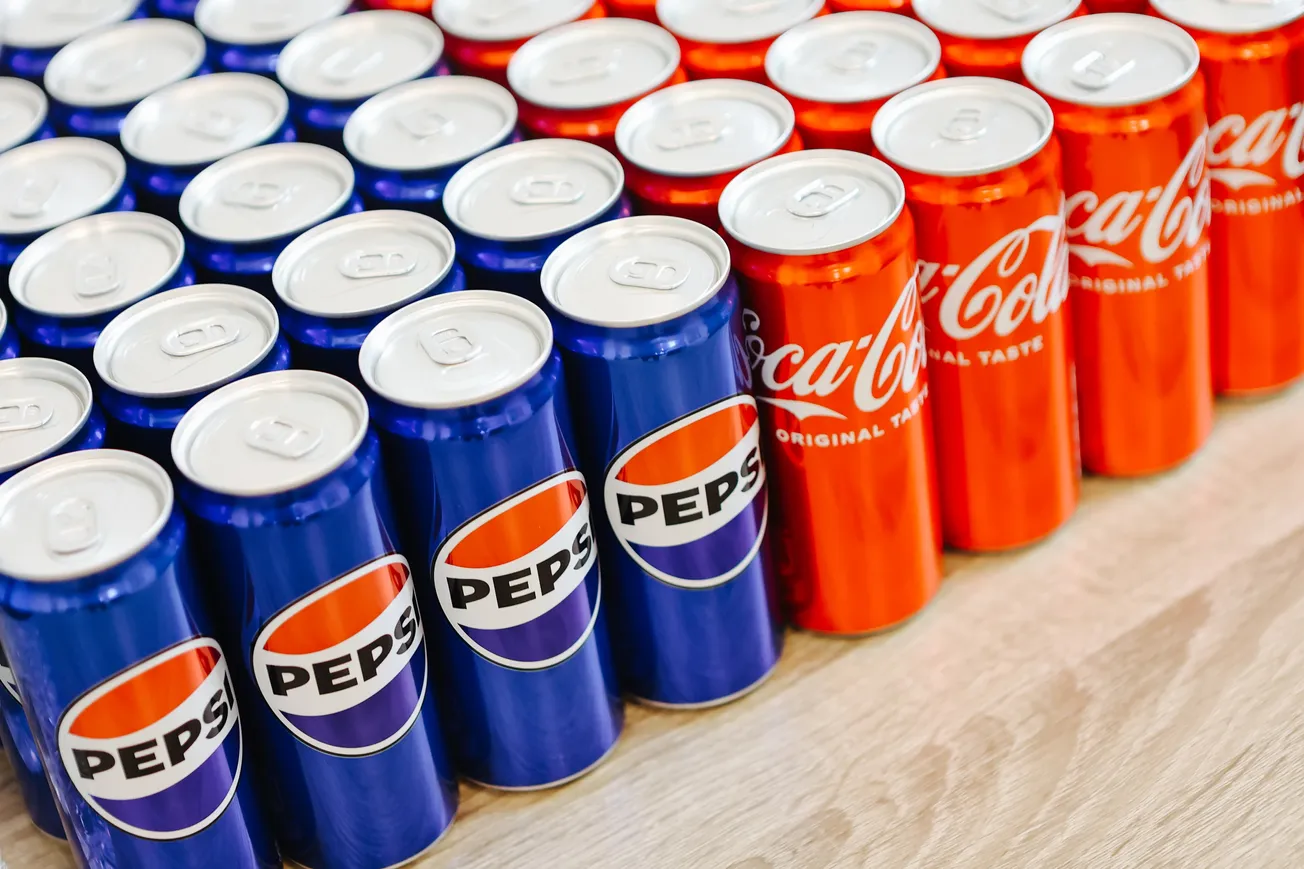Walmart and Kroger are leveraging private-label strategies to attract and retain customers, with Walmart focusing on Gen Z fashion and Kroger on value and personalization for budget-conscious shoppers. Meanwhile, Target faces challenges in regaining market share amidst shifting consumer spending patterns.
Private labels continue to thrive, with FMI — The Food Industry Association reporting that more than half of grocery shoppers increased their private brand purchases in the past year. This trend is expected to continue, with nearly half of shoppers planning to buy more private brands in the coming year. The report highlights that shopper loyalty to private brands is no longer solely price-driven, with quality and value also playing crucial roles.
FMI’s findings indicate that private brands are crucial in determining where consumers shop, with increased loyalty over recent years. Categories like fresh bakery, dairy, non-prescription drugs, and prepared foods see significant private brand loyalty. The top categories for future private brand purchases include paper products, dairy, frozen foods, and snacks.
Walmart has overhauled its $2 billion No Boundaries young adult fashion brand ahead of the back-to-school shopping season.
The significant revamp features dedicated fashion designers for the brand for the first time. Launching July 16, the new collection includes 130 pieces spanning women’s and men’s clothing, shoes, and accessories.
It’s part of a broader move by Walmart to attract Gen Z consumers with updated designs, fabrics, and styles while maintaining affordable prices.
To promote the No Boundaries brand, Walmart will leverage social media and the Roblox platform, integrating the brand into its Walmart Discovered sales experience. In July, a Roblox creator will curate a selection of No Boundaries outfits, allowing users to purchase real-world outfits and unlock virtual twins for their avatars.
Kroger has seen positive momentum among budget-conscious shoppers through its private-label offerings. CEO Rodney McMullen noted that while premium consumers continue to spend, lower-income shoppers are increasingly turning to Kroger’s private labels. The grocer’s personalized offers have driven digital engagement, with an 18% increase in digital coupon clips compared to last year.
Despite ongoing financial challenges, Kroger’s focus on value and personalization is helping retain and attract customers. The company’s digital engagement strategy is poised to boost long-term growth by enhancing customer loyalty and spending.
In contrast, Target has reported losses in market share across key product categories, including food, clothing, electronics, and homewares, as per data from GlobalData.
To combat these trends, Target launched its private-label brand Dealworthy and plans significant price cuts on grocery items this summer. The retailer is also expanding its Good & Gather and Favorite Day brands. While some analysts view these moves as positive, they may not be sufficient to reverse the loss of market share.
Target’s comparable sales have declined for four consecutive quarters, attributed to changing consumer spending patterns and macroeconomic factors.
Stay up to date on the latest Omnichannel news by Subscribing to Our Newsletter



